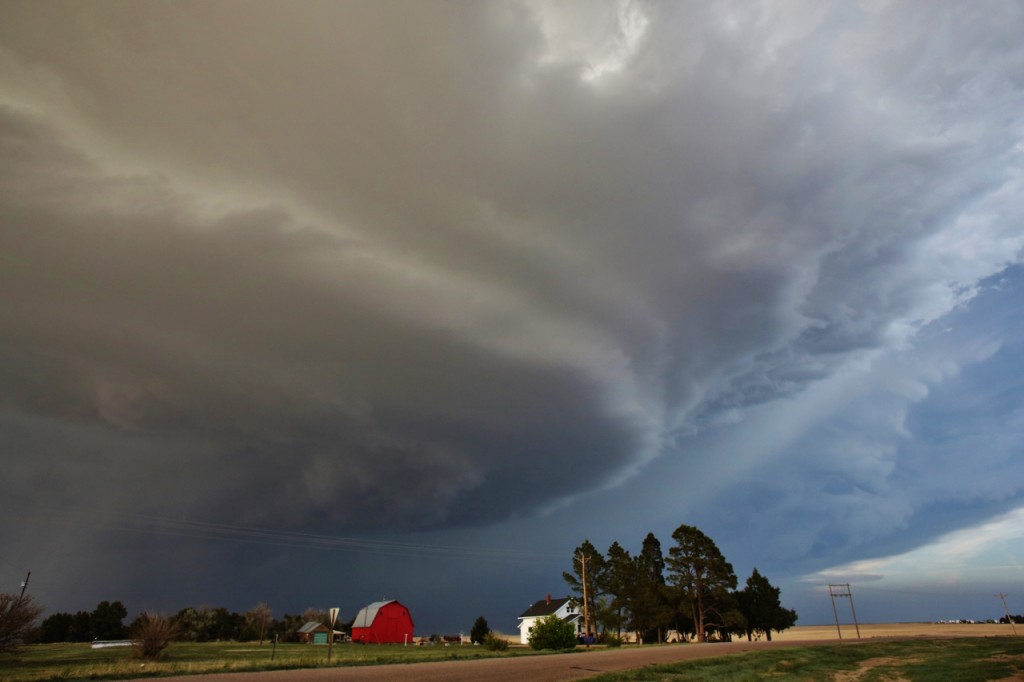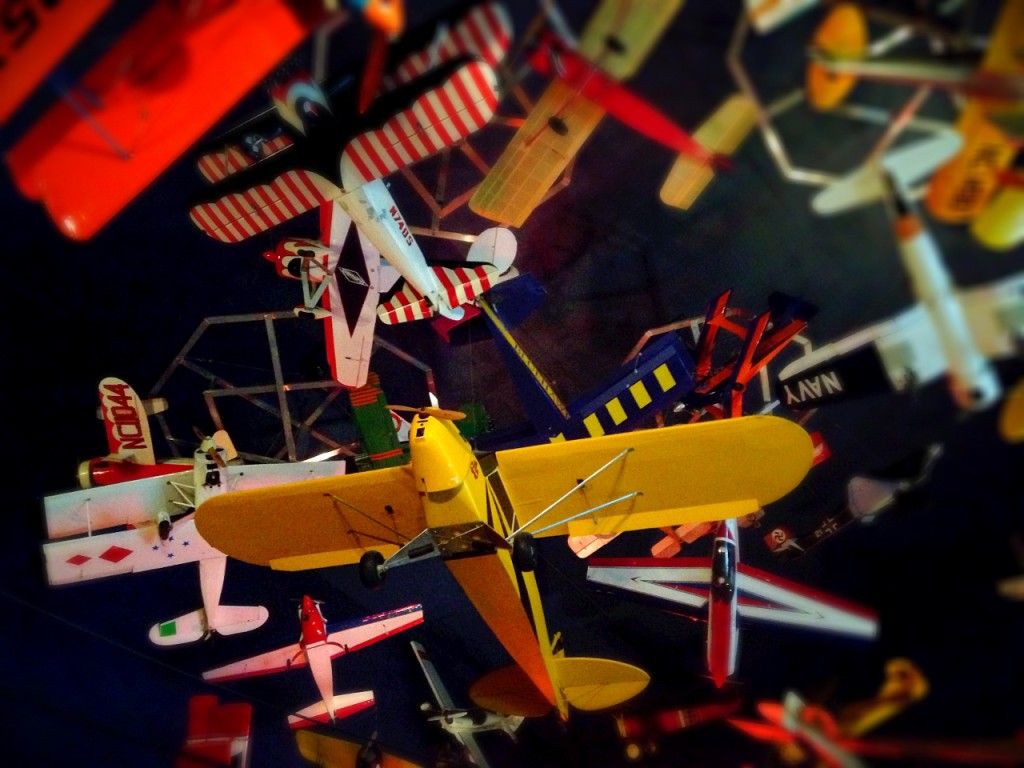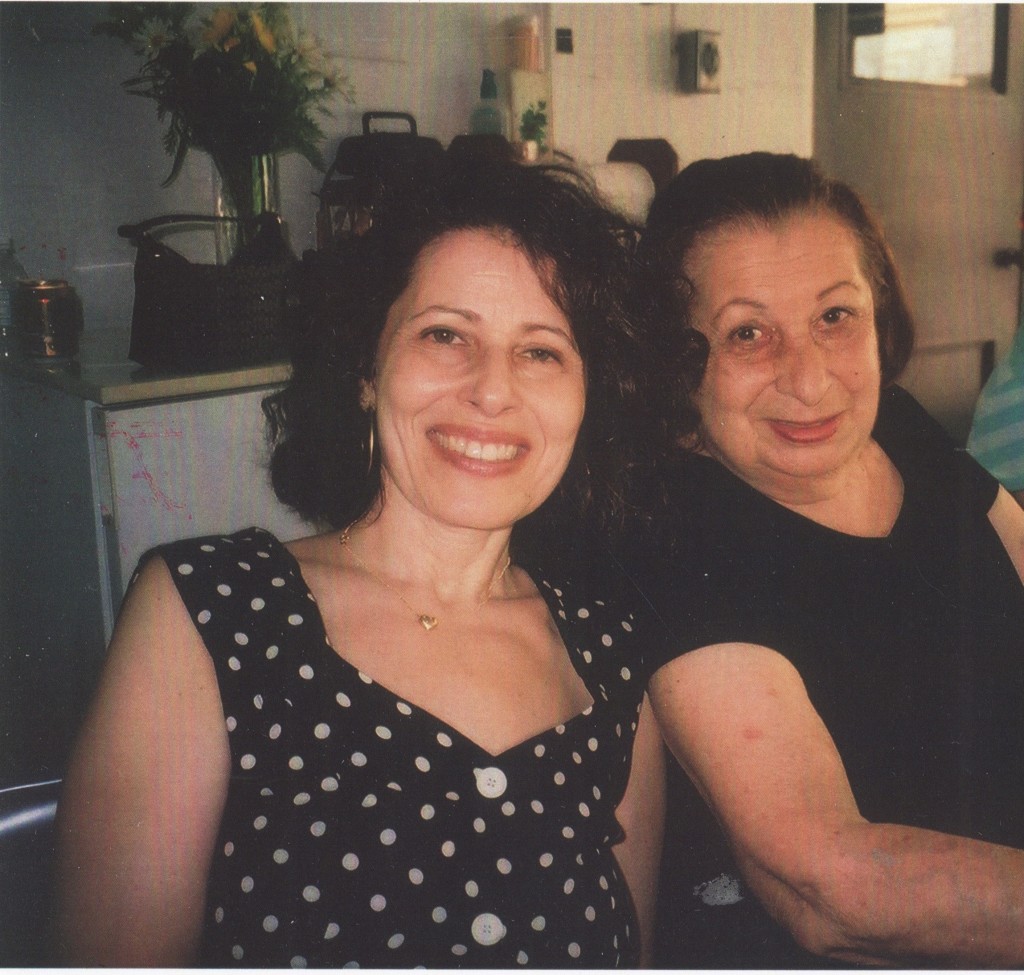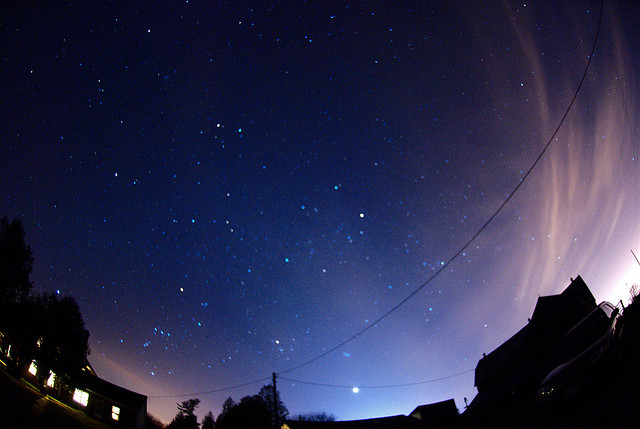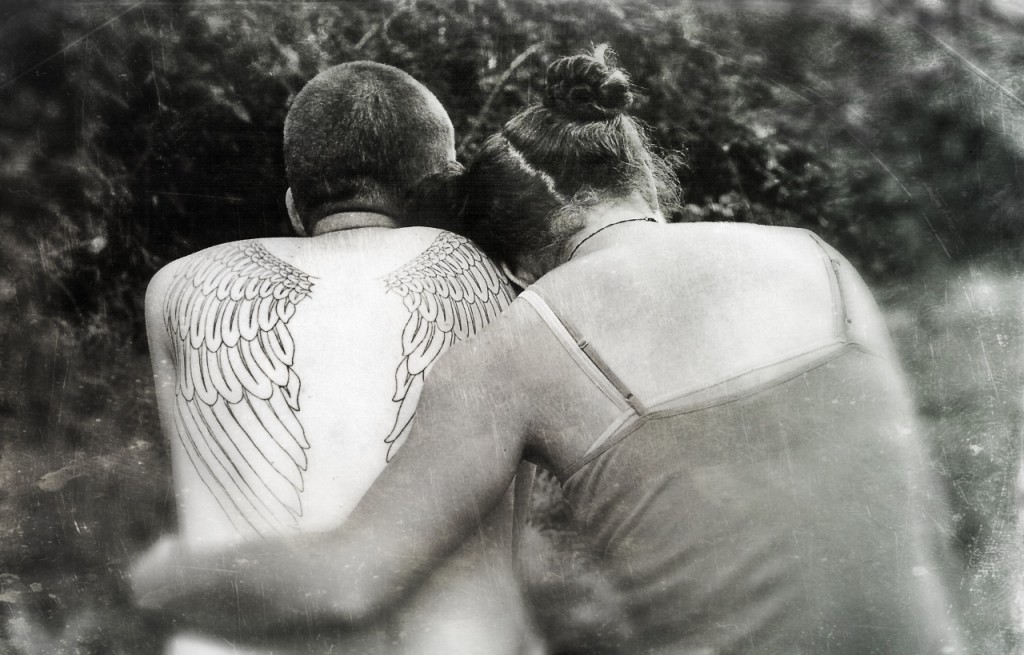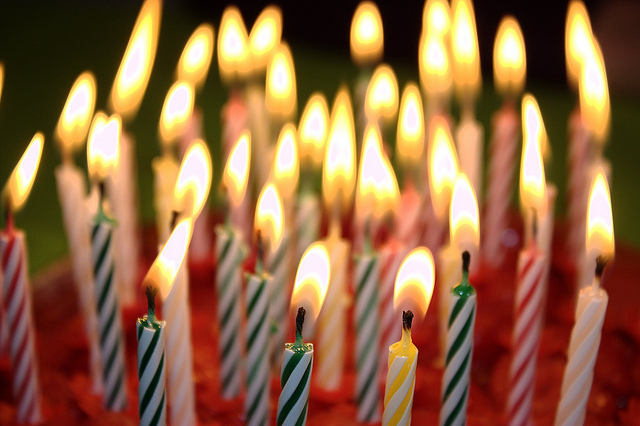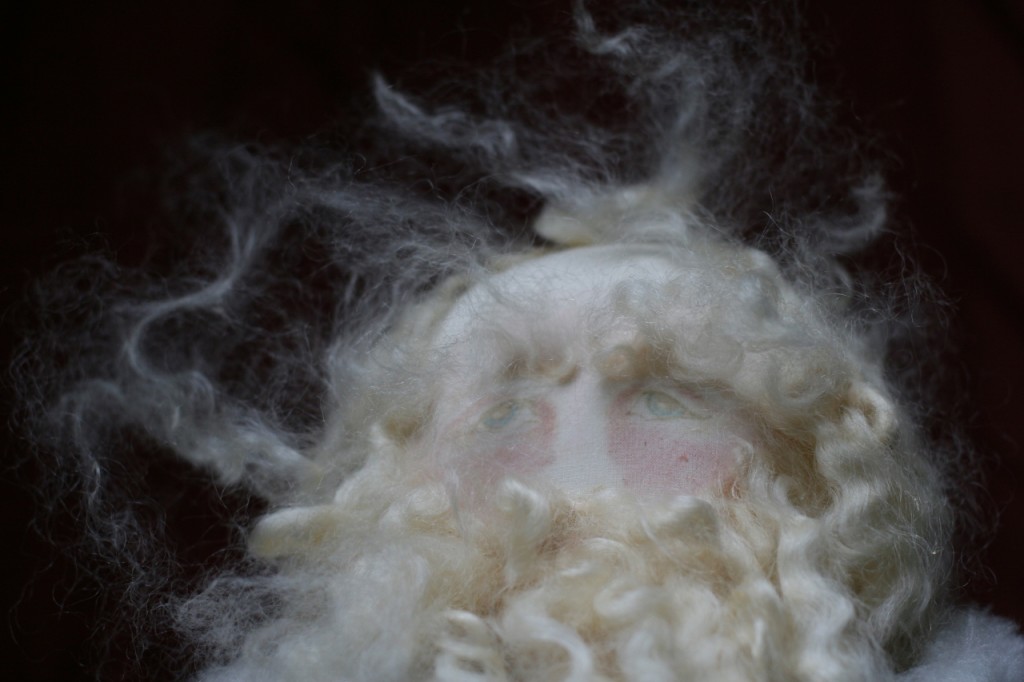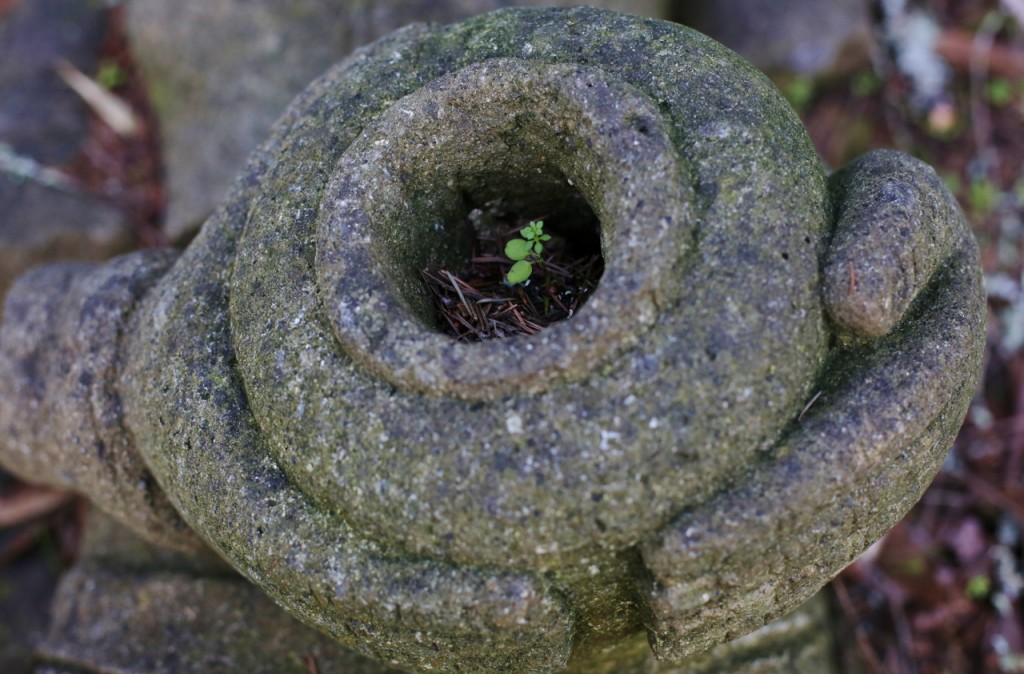
By Barbara Clarke
“Did I tell you? I’m multi-orgasmic,” said my eighty-three-year-old mother. This was her conversational style—ditch the segue and go straight to another chat about sex. I was taking our picnic gear from the trunk of my car and needed a minute to process. “I learned that word in the book you gave me.”
Walking along our favorite beach with its long, easy-going shoreline gave my mother and I time to talk more honestly after my father’s death. In the process, we became friends. She was like a broken piggy bank as her collected stories spilled out. I was the first woman she had ever talked to about sex; from my teen years on, I knew more than she did on the subject.
On one of our earliest walks, she revealed that for their first twenty years of marriage, the missionary position was the arrangement. And for the last thirty years it had been husband-directed abstinence. Once I was past my do-I-really-want-to-know-this reaction, it was distressing to think how sexually unfulfilled she must have been her whole life.
Even though my father had enjoyed dirty jokes and recited smutty limericks, I realized as an adult how unworldly, if not prudish, he was. On one occasion after a lesbian couple had visited, my mother brought up a new topic of inquiry—how do two women make love? When I started to answer, my father said, “You can’t be serious,” in a tone freighted with yuck, and fled to the living room to watch The Brady Bunch with my kids.
“Now that I know more,” my mother said on another beach walk, her voice thick with resentment, “I realize that sex with your father was strictly for his benefit.”
I asked her to say more. She hesitated, her eyes taking my measure, as if to see whether I was grown-up enough. “The fact is,” she said, her face flushing with embarrassment, “I never had an orgasm during intercourse in my marriage. I’ve only had them in my sleep.”
“I’m really sorry, Mom,” was all I could think to say at the time.
The more she revealed, the more I was struck by the difference one generation can make.
When I was nine, the Big Talk with my mother consisted of her buying me the book On Being Born, which contained not one mention of how people “did it.” Ten years later, my mother’s second attempt at instruction came shortly before I walked down the aisle. She offered this as my sendoff: “Sex can be beautiful.”
With the advent of the women’s movement and the freedom to have intimate talks with women and men, I enjoyed a good lover or two. Unlike the women of my mother’s era, I knew how to take care of my sexual needs with or without a partner. A bonus was frequenting, without the slightest embarrassment, the paraphernalia treasure house in Berkeley called Good Vibrations.
I would have taken my mother to choose her own vibrator, but I didn’t trust that she could remain as composed as the sophisticates who shopped there. Only in the Bay Area could women pretend it was no big deal to see an entire shelf of hefty Day-Glo dildos. And so for my mother’s next birthday, I bought her a small, basic vibrator and the book Sex for One by Betty Dodson. I insisted she open my gift at home, after a birthday lunch with my daughters.
Later that evening my phone rang.
“Were you trying to kill me?”
“Mom?” I barely recognized her throaty voice.
“Who else? Your gift almost took the top of my head off.”
Then I remembered her special present.
“Well,” she tried again, “this is the best gift anyone has ever given me. I had no idea.”
With that it started. Sometimes, when my mother and I chatted on the phone, catching each other up, her tone would soften. I knew what was coming. It was as predictable as the ochery sky that precedes a Midwest summer storm. And sure enough, she would pause for a moment and then share, “Mr. Right dropped by today.”
I would picture her mischievous smile and appreciate her late-in-life pleasure all over again. “How nice for you,” I would say and mean it. “There’s nothing like an attentive lover.”
I was happy for her in private, but her did-I-need-any-batteries remark in the aisle at Rite-Aid made me—her enabler—blush. I was more comfortable in the roles of sympathetic listener and occasional sex educator. There were still things my mother wanted to know about in detail into her nineties.
She was curious about the younger generation. What did they use for birth control? She thought the morning-after pill was great, but she worried that kids took sex too lightly and had it too early. “It should be special,” she said lost in thought while we drove along the winding coastline after a day at the beach. “I hope it was for you and the girls.”
We never talked about my sex life and how my mother had openly fretted over my getting pregnant before marriage—ironic, since she hadn’t provided a single method of avoiding it. Several girls in my high school had been sent to “their aunts” for extended vacations. Their pregnancies were the narrative that dominated my mother’s vigilance until I was safely married off without the proverbial shotgun. Later, when she occasionally dug my first and sweetest love, Jerry, out of her memory vault, my feelings of resentment at being spied on by her reconstituted like a glass of Tang. Reliving my adolescence when sex was half terrifying and half aching required me to stop and take a breath before I could appreciate why she worried. It took a while after the Jerry exchanges before we were back on the friendship track.
•••
After a memorial service for a family friend, my mother brought up the topic that was most on her mind. I anticipated another gloomy pre-death drill on where to find the money she had stashed in various shoe boxes if she “croaked.” Instead, it was what if she died in bed and the paramedics found Mr. Right? What would they think of her at her age?
I wanted to honor our unique end-of-life discussion and not go for the easy retort, you’ll be dead. Instead I said, “I’m sure they’ve seen it all. Besides, they might think you’re really worth saving. Ignore the DNR on the fridge door and keep you going.”
We never stopped talking about sex. I should say my mother never did. We would laugh about the way intimate details of sex were being hinted at in the new century. “How ridiculous,” my hip mother said after watching a vaginal fragrance ad of a woman dancing through a field of lavender after the implied douche. “We need information, not crap like that.”
•••
On one of our last trips to the beach, my mother said, “You’re a writer. You should write about the fact that there are a lot of old ladies out there, like me, who think they have to go without. We still have all of our urges and body parts, but no one talks about it. And their daughters aren’t as thoughtful as you were.”
“If I did, it would be about you.”
“You could wait until I’m dead,” said Mom—the eternal shock jock. “It won’t be that long.” She could move between death and life in a matter of minutes, going over the details of her imminent departure in the parking lot and then once inside Safeway buy two half-gallons of ice cream.
“Oh. What do I care?” she said with a devilish grin. “Go for it.” She asked me more than a few times how this very essay was coming along.
We didn’t always have serious talks about sex. One time we settled on our beach blanket, and with a little wine to loosen our imaginations, made up commercials for vibrators, delighting in our witty jingles until the tears streamed down our cheeks. I miss those times.
Shortly before her death at ninety-seven, we were having coffee in her kitchen. “I want you to take this box,” she said, moving our cups to the side and putting a small silvery box on the table. She lifted the lid and I saw the very dog-eared book Sex for One and Mr. Right wrapped up like a mummy. “I think my time has about run out, and if your brother gets here first and finds these, he might think the worst of his old mother.”
“Are you sure?” I asked.
“Yes, honey. I don’t think I ever thanked you adequately for that wonderful birthday present. It changed my life.”
When I saw how frail she was, I took the box.
Just when I was about to break down in sobs, anticipating how much I would miss her, she cut through my sentiment in the formidable directive tone I knew from my childhood. “And don’t put it in the dumpster outside,” she said, her eyes fixed on me until I nodded yes. “They probably go through the trash here. You never know these days who’s spying on you.”
•••
BARBARA CLARKE works as a freelance grant writer and written extensively for corporate clients, trade magazines, and newspapers on a variety of topics. Her memoir, Getting to Home: Sojourn in a Perfect House, was published in 2009. “How Many Writing Books Does It Take to Write a Novel, Memoir, Nonfiction or Something besides an Annual Holiday Letter?” appeared in the 2010 debut issue of Line Zero, a literary-arts magazine. She is currently completing a novel that includes socially relevant topics on the health insurance industry (where she worked as an executive for fifteen stressful years), the pre- and post-Feminine Mystique generations, and the various ways of love. She uses Beckett’s “Ever tried. Ever failed. No matter. Try again. Fail again. Fail better,” as both her personal and writing guide. Her blog is www.thiscertainage.com, and her website is www.barbaraclarke.net.

 Follow
Follow
